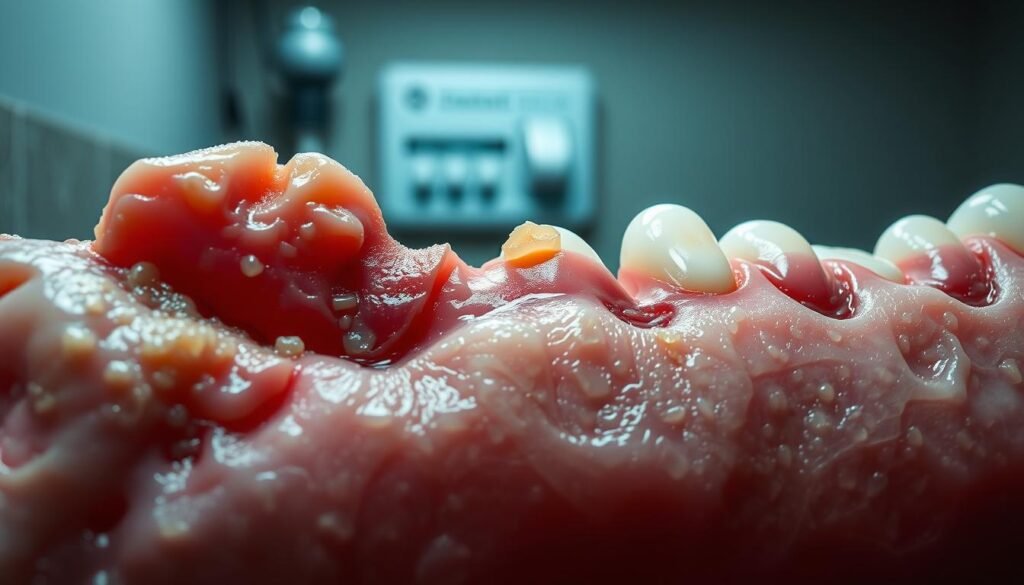
Have you ever thought about your mouth as more than just a tool for eating and speaking? For me, it all started with a routine dental check-up that revealed a deeper truth: my mouth was a window into my overall health. This realization sparked a personal journey to understand the profound connection between oral health and overall well-being.
Recent research has shown that poor oral hygiene can lead to systemic diseases like heart disease and diabetes. For instance, chronic inflammation from gum disease can disrupt metabolism, affecting weight management, and even contribute to conditions like acid reflux and bloating. This link between oral health and systemic diseases is more than just coincidental—it’s a critical warning sign our bodies often ignore.
My motivation for prioritizing oral health comes from seeing how early signs like swollen gums or bad breath can signal broader health issues. Maintaining a healthy smile isn’t just about aesthetics; it’s about protecting your overall health and preventing conditions like diabetes or heart disease from taking root.
In this article, we’ll explore how effective dental care can lead to overall wellness, and why neglecting your oral health might have far-reaching consequences. Let’s dive into the ways your mouth can be both a mirror and a gateway to your body’s health.
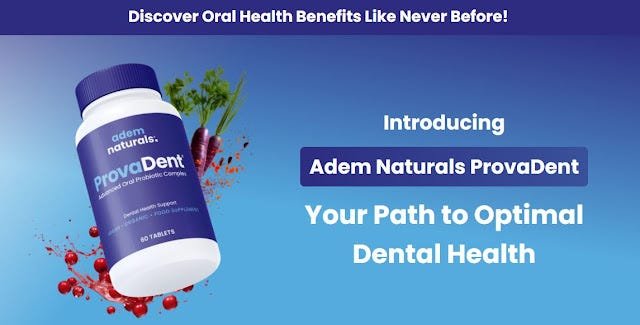
Key Takeaways
- Your mouth reflects your overall health and can signal systemic conditions.
- Poor oral hygiene is linked to heart disease, diabetes, and other systemic illnesses.
- Early signs like swollen gums or bad breath can indicate broader health issues.
- Maintaining a healthy smile is crucial for overall well-being.
- Effective dental care can prevent systemic diseases and promote wellness.
Understanding the Link Between Oral Health and Overall Wellness
Your mouth is more than just a gateway for food and speech—it’s a vital indicator of your body’s overall condition. Recent studies have revealed that poor oral hygiene can lead to systemic diseases like heart disease and diabetes. For instance, chronic inflammation from gum disease can disrupt metabolism, affecting weight management, and even contribute to conditions like acid reflux and bloating.
My motivation for prioritizing oral health comes from seeing how early signs like swollen gums or bad breath can signal broader health issues. Maintaining a healthy smile isn’t just about aesthetics; it’s about protecting your overall health and preventing conditions like diabetes or heart disease from taking root.
The Role of Oral Hygiene in Personal Well-Being
Keeping up with oral hygiene is not just about cleaning teeth; it’s about protecting overall wellness. Routine brushing, flossing, and check-ups are crucial in preventing gum disease. Signs like red or swollen gums and mouth ulcers can signal deeper systemic conditions.
Recognizing Systemic Symptoms Through Your Smile
Research findings highlight the connection between oral bacteria and infections elsewhere in the body. For example, gum disease has been linked to heart conditions and diabetes. Early detection through regular dental care and check-ups is essential for preventing these systemic diseases.
Collaborations between dentists and healthcare providers can optimize personal well-being. By addressing oral health issues early, individuals can prevent the progression of conditions like periodontal disease and reduce the risk of related systemic illnesses.
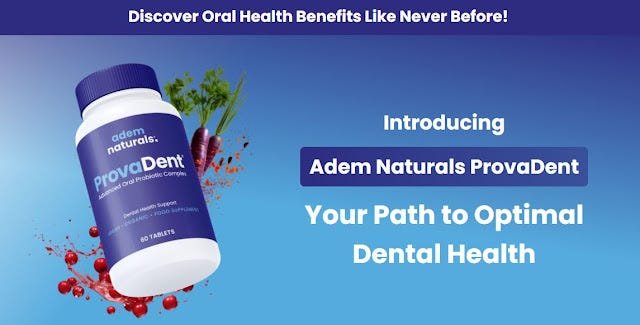
The Mouth-Body Connection: Why Oral Health Matters
My journey into understanding the mouth-body connection began with a startling revelation: my gums were not just a reflection of my oral hygiene but a gateway to my overall well-being. This personal discovery has led me to uncover how deeply interconnected our oral health is with systemic conditions.
Impact on Heart Disease, Diabetes, and More
Research shows that gum disease can significantly increase the risk of heart disease and diabetes. For instance, studies indicate that individuals with gum disease are 2 to 3 times more likely to experience a heart attack or stroke. Similarly, nearly 95% of people with diabetes also struggle with periodontal disease, highlighting a bidirectional relationship where diabetes exacerbates gum disease and vice versa.
This connection is not limited to cardiovascular and metabolic health. Emerging studies suggest that gum inflammation may also play a role in conditions like Alzheimer’s disease and certain cancers, such as pancreatic cancer. The bacterium P. gingivalis, commonly associated with gum disease, has even been found in the brains of Alzheimer’s patients, pointing to a potential link.
How Inflammation Creates a Wider Health Risk
At the core of this mouth-body connection is inflammation. Chronic inflammation from gum disease can disrupt the body’s metabolic processes, affecting weight management and increasing the risk of conditions like acid reflux and bloating. This inflammation can also lead to systemic infections and contribute to the development of chronic diseases.
- Poor oral health can lead to digestive issues like acid reflux and bloating, affecting nutrient absorption.
- Chronic inflammation from gum disease can disrupt metabolism, impacting weight management.
- Dental pain or discomfort can lead to increased irritability and anxiety, affecting mood.
Preventing gum disease is not just about maintaining a healthy smile; it’s a proactive step in reducing the risk of chronic conditions. By understanding the mouth-body connection, we can better care for our overall health.
Maintaining a Healthy Smile Through Daily Oral Care
Keeping your teeth and gums in top shape isn’t just about aesthetics—it’s a cornerstone of overall wellness. My daily routine is built around simple yet effective practices that I’ve found make a world of difference.
Effective Brushing and Flossing Techniques
Daily brushing is essential. I use a fluoride toothpaste and a soft-bristled brush to clean all surfaces of my teeth. Brushing twice a day helps remove plaque and prevents gum disease. I also floss once daily to reach areas my brush can’t, ensuring no food particles are left behind.
Proper flossing involves gently curving the floss around each tooth in a “C” shape. This helps dislodge plaque without harming my gums. Regular flossing not only prevents gum inflammation but also keeps my breath fresh and smile bright.
| Oral Care Step | Frequency | Benefits |
|---|---|---|
| Brushing with fluoride toothpaste | Twice a day | Removes plaque, prevents decay |
| Flossing | Once a day | Removes trapped food, prevents gum disease |
| Antimicrobial mouthwash | As needed | Kills bacteria, freshens breath |
Using an antimicrobial mouthwash adds an extra layer of protection, especially after flossing. It helps kill bacteria that brushing and flossing might miss, safeguarding my oral health. Consistency is key—these habits are non-negotiable in my routine to avoid gum disease and maintain a healthy smile.
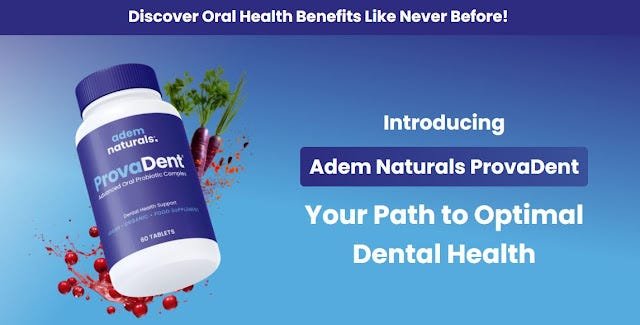
ProvaDent Review: Innovations in Dental Care
ProvaDent is at the forefront of dental care innovation, offering cutting-edge treatments that transform smiles and lives. Their commitment to advanced technologies and patient-centric care has made them a leader in the field.
Patient Experiences and Real-Life Transformations
Patient testimonials highlight ProvaDent’s impact. One patient shared, “ProvaDent’s All-on-4 implants changed my life. I can eat and smile with confidence again.” Such stories showcase the real difference ProvaDent makes.
Advanced Technologies and Treatment Options
ProvaDent utilizes technologies like 3D imaging for precise treatment planning. Their All-on-4 implants are ideal for those with bone loss, eliminating the need for grafting. This approach minimizes recovery time and maximizes results.
Their use of Nobel Implants ensures stability and long-term success. With open communication and comprehensive aftercare, ProvaDent ensures a smooth journey for all patients.
- Pioneering All-on-4 and All-on-8 implant techniques
- Advanced 3D imaging for precise diagnostics
- High success rates and patient satisfaction
ProvaDent’s innovative approach and dedication to patient care make them a top choice for those seeking modern dental solutions. Embracing their services can be life-changing, offering a healthier, happier smile.
Preventive Dental Care and Its Role in Systemic Health
Preventive dental care is the cornerstone of both oral and systemic wellness. By maintaining good oral hygiene, we can prevent diseases and detect potential issues early, safeguarding our overall health.
Regular Check-Ups and Early Detection Strategies
Regular dental check-ups are vital for early detection of gum disease and other oral issues. For instance, studies show that regular dental visits can reduce the risk of tooth decay by up to 40%. Early detection strategies, such as screening for gum disease, help prevent severe complications.
My personal experience with regular check-ups has shown me how effective they are in maintaining oral health. Early intervention has allowed me to address issues before they become severe, which has been instrumental in preventing conditions like periodontal disease.
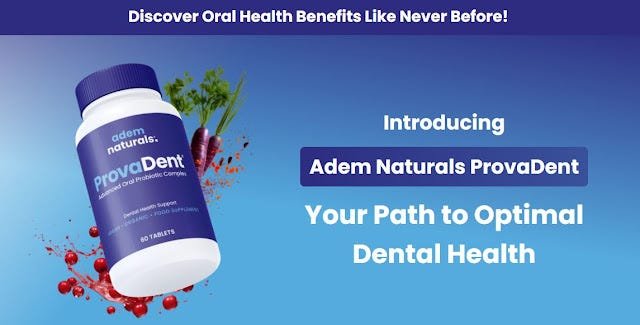
Practical Home Care Tips for a Healthy Mouth
Good oral hygiene at home is essential. I recommend brushing twice a day with fluoride toothpaste and flossing once daily to remove plaque. Using an antimicrobial mouthwash adds extra protection against bacteria.
| Oral Care Practice | Frequency | Benefits |
|---|---|---|
| Brushing with fluoride toothpaste | Twice a day | Removes plaque, prevents decay |
| Flossing | Once a day | Removes trapped food, prevents gum disease |
| Antimicrobial mouthwash | As needed | Kills bacteria, freshens breath |
These practices keep harmful bacteria and inflammation at bay, contributing to overall well-being.
Conclusion
My journey into understanding the profound impact of oral health on overall wellness has been nothing short of transformative. Through personal experience and scientific research, I’ve come to realize that caring for my teeth and gums is not just about aesthetics—it’s a vital part of maintaining my systemic health.
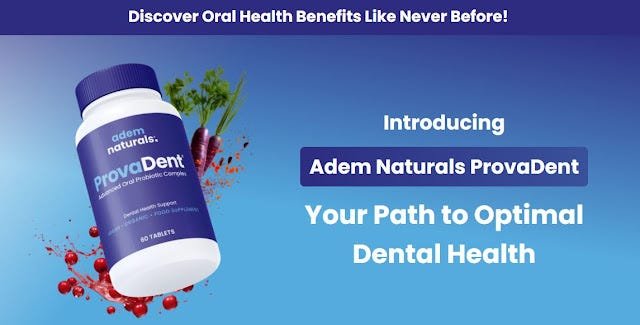
The evidence is clear: gum disease and poor dental care can have serious consequences, from increasing the risk of heart disease and diabetes to contributing to respiratory issues. Regular check-ups and consistent home care are essential preventive measures that should never be overlooked. Paying attention to early signs like bad breath or bleeding gums can make all the difference in addressing potential issues before they escalate.
I urge everyone to take charge of their oral health. Reflect on your current habits and consider seeking professional advice to ensure you’re doing everything possible to protect your well-being. Remember, a healthy mouth is not just a smile—it’s a gateway to a healthier body. Don’t wait until it’s too late; take proactive steps today to safeguard your future health.
Source Links
- The Mouth-Body Connection: Affordable Dental Implants in Costa Rica🌟 – https://www.dentalinstitutecr.com/dental-implants/the-mouth-body-connection-why-oral-health-matters-more-than-you-think/
- Why Oral Health Matters for Your Health | Coco Dental – https://eastgatedental.co.uk/blog/the-mouth-body-connection-why-oral-health-matters-for-your-overall-well-being-coco-dental-rochester/
- Mission Dental – https://www.missiondent.com/services/family-dentistry/periodontal-therapy/
- The Importance of Oral Health for Overall Health: A Comprehensive Guide – – https://www.atlantaoralandfacialsurgery.com/the-importance-of-oral-health-for-overall-health-a-comprehensive-guide/
- Dental Blogs, News And Insights – Coco Dental – https://eastgatedental.co.uk/blog/
- Costa Rica Dental Implants, High-Quality, Affordable Premium Dental Care – https://www.dentalinstitutecr.com/
- Celebrating Father’s Day with Healthy Smile – https://www.mydentaloffice.com/healthy-smile-tips-for-fathers/
